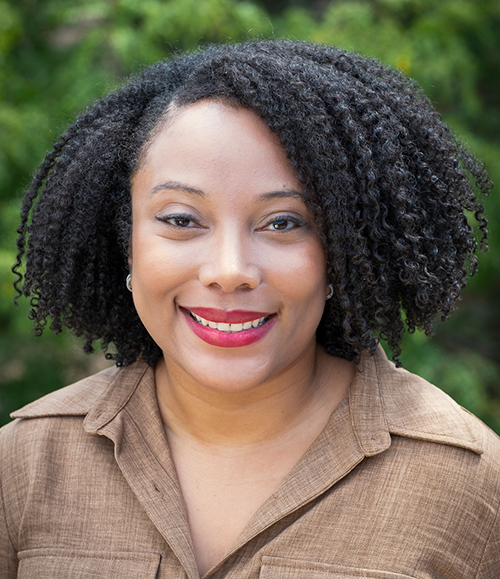Monique D. A. Kelly

- Assistant Professor
- Department of Sociology
- PhD University of California Irvine, 2019
- 429B Berkey Hall
- 509 E. Circle Drive
- East Lansing, MI 48824
- 517-355-5048
- kellymo5@msu.edu
CURRICULUM VITAE
Monique D.A. KellyBIOGRAPHY
My research broadly focuses on racial and ethnic stratification and inequality. More specifically, I utilize primarily quantitative methods to examine how race—measured as multidimensional—structures socioeconomic outcomes, impacts public opinions and claims to nationhood principally within the Anglophone Caribbean. My research appears in Race and Social Problems, Journal of Ethnic and Migration Studies, Research in Social Stratification and Mobility, Ethnic and Racial Studies and other peer-reviewed journals.
My research on ‘racial’ dynamics in patterning overall socioeconomic wellbeing grapples with the impact of racial ideologies of mixing on explanations, recognition, and outcomes of social inequality. As socioeconomic wellbeing is broad and multifaceted, in addition to examining more conventional measures of inequality such as income (household or individual) and education, I also examine measures such as household amenities, home ownership, and household crowding. I argue that these expense-based economic indicators are more reliable and offer valuable information and insights on wealth attainment and standard of living among populations in the developing nations of the Anglophone Caribbean. In addition to issues of ‘racial’ stratification and inequality, I also investigate how racial ideologies of mixing influence self-identification particularly given the ethnoracial distribution of nation-states within the region.
There is relatively little unbiased, high-quality social science scholarship that examines race by socioeconomic status in the Anglophone Caribbean. By examining the Anglophone Caribbean as a site to test mainstream paradigms and theories of race, my work makes: (1) important advances in our understanding of racial dynamics in patterning overall socioeconomic wellbeing and the variation in utility of ‘race’ across contexts; (2) complicates race inequality discourse in the Americas by highlighting the heterogeneity within the Black diaspora as it moves beyond dominant notions of race; (3) contributes to social policy discussions and to more rational political discourse about the relationship between race and inequality within Anglophone Caribbean states; and (4) by engaging in comparative work both within and outside the region, my work shifts empirical research and theorizing with marginalized and understudied populations to the center of critical analysis.
Associated Programs:
- Core faculty, Center for Latin American and Caribbean Studies (CLAS), International Studies & Programs, MSU

